Microsoft Fabric Data Engineering Course



Modules covered in
The Ultimate Guide for Microsoft Fabric Data Engineering Course
Download Your Roadmap Guide Now/ Full Curriculum/ Syllabus
Join WhatsApp Group to Stay Updated About Course and our upcoming webinars
Demo video for reference
Module 1
Introduction to Microsoft Fabric
- Overview of Microsoft Fabric and its unified analytics solution.
- Understanding OneLake and its features.
- Access control and permissions in Microsoft Fabric.
- Setting up a Fabric environment.
- Explore the Microsoft Fabric interface and OneLake.
- Set up access controls for a workspace in Fabric.
Module 2
Lakehouse and Warehouse Fundamentals
- Introduction to Fabric Lakehouse and its features.
- Introduction to Fabric Warehouse and its features.
- Data ingestion methods into Lakehouse and Warehouse.
- Comparison of Lakehouse vs Warehouse.
- Create and configure a Lakehouse.
- Populate a Fabric Warehouse using COPY INTO and pipelines.
Module 3
Advanced Data Engineering Techniques
- Implementing row-level, column-level, and object-level security.
- Dynamic data masking in Fabric Warehouse.
- Securing and sharing Lakehouse and Warehouse data.
- Implement security features for a Warehouse.
- Apply dynamic data masking to sensitive data.
Module 4
Medallion Architecture with Microsoft Fabric
- Implementing Medallion Architecture (Bronze, Silver, Gold layers).
- Different architectural patterns in Microsoft Fabric.
- Incremental data loading strategies.
- Build an end-to-end pipeline with Medallion Architecture.
- Ingest and transform data incrementally in all layers.
Module 5
Integration with Power BI
- Power BI integration with Microsoft Fabric.
- Updating Power BI from XMLA endpoints.
- Different ways to refresh Power BI semantic models.
- Create Power BI reports using Fabric semantic models.
- Automate Power BI dataset refresh processes.
Module 6
Continuous Integration and Deployment (CI/CD)
- Enabling Git integration in Fabric projects.
- Building an end-to-end CI/CD pipeline in Fabric.
- Migrating Synapse notebooks to Microsoft Fabric.
- Integrate Git into a Fabric workspace.
- Migrate Synapse notebooks and validate their execution.
Module 7
Monitoring and Optimization
- Using Capacity Metrics App for monitoring.
- Understanding throttling stages and optimizing resources.
- Performance optimization for data pipelines.
- Monitor workspace and capacity usage with Capacity Metrics App.
- Identify and resolve throttling issues in Fabric.
